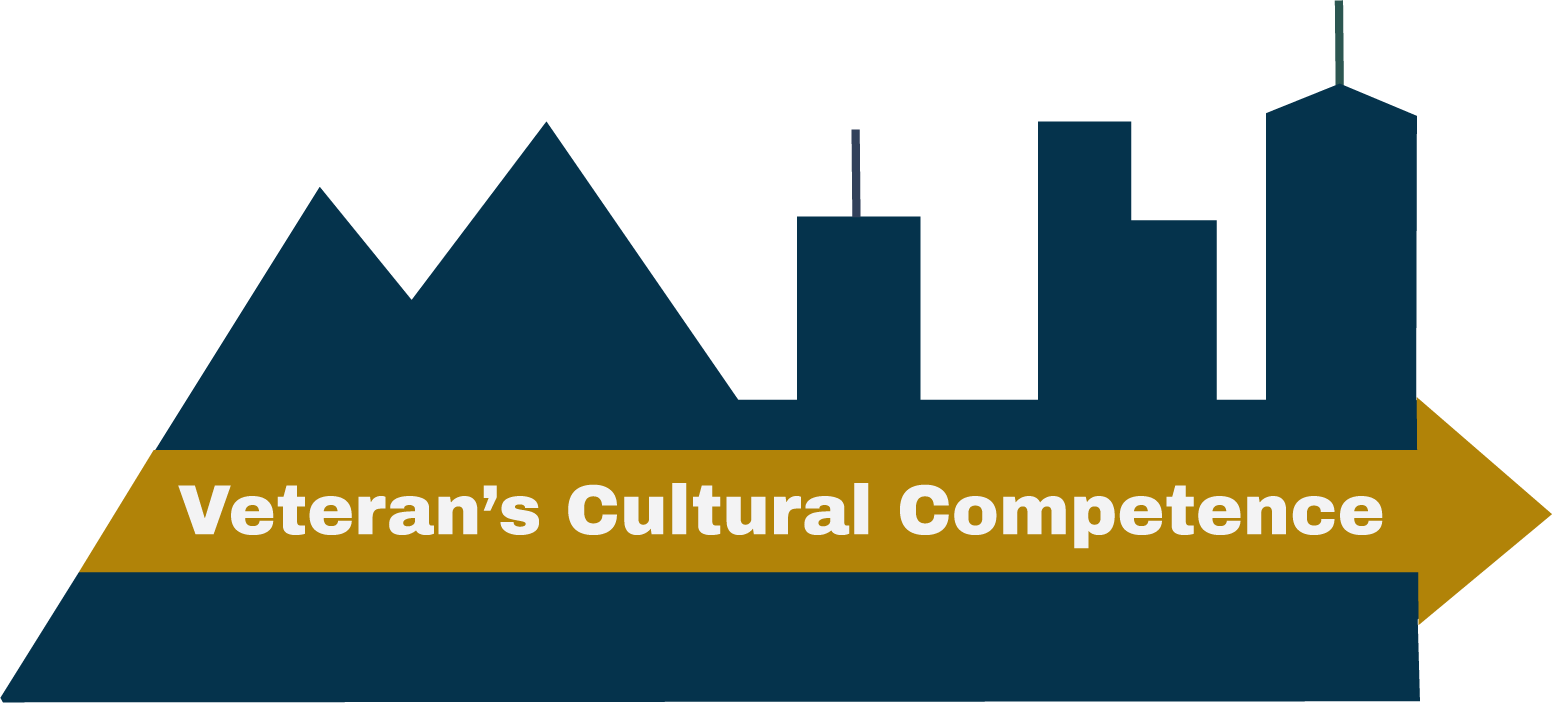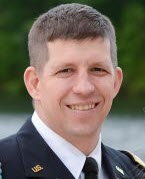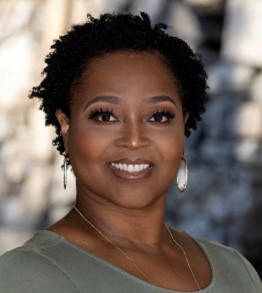Cultural Competence Trainings

Seeking to close the veteran-civilian divide
NEXT ONLINE SYNCHRONOUS TRAINING:
July 10, 2025 at 12-3pm ET
Click below to complete a registration survey. For VA staff, a link to TMS registration will be available at the end of the survey. For non-VA attendees, instructions for registration to receive CEs will be provided in the welcome packet.
Future Trainings Dates in 2025: August 14 and September 18. Registration will open 8 weeks in advance of training date.
The Veteran Cultural Competence Training program, backed by USAA Face the Fight, aims to bridge the cultural gap between Veterans and civilians. Through open dialogue, the program builds understanding and fosters meaningful relationships, ultimately supporting Veterans in their journey to integrate into civilian life with resilience and confidence.
The dynamic, 3-hour online learning experience is designed to immerse participants in the realities of the Veteran experience. Focusing on the unique challenges of military-to-civilian transition, the training addresses socio-emotional needs, effective communication strategies, and the identification of potential biases. Participants gain practical tools and actionable insights for engaging and supporting transitioning servicemembers. This is an interactive training and attendees will be expected to participate in live role-playing exercises with their cameras on.
To further support Veterans, participants are invited to explore sponsorship opportunities with Onward Ops, our national partner. For more information, see Becoming a Peer Sponsor with Onward Ops.
Learning Objectives
By the end of the training, participants will be able to:
1.) Identify personal beliefs and attitudes toward Veterans and utilize strategies such as mindfulness, slowing down decision-making, and seeking diverse perspectives to reduce the impact of these biases on professional interactions and decision-making;
2.) Demonstrate, through role play, communication strategies such as empathy, open-ended questioning, and reflective listening to more effectively engage with Veterans and transitioning servicemembers;
3.) Develop an action plan to implement Veteran-inclusive practices in their communication strategies; and
4.) Differentiate key elements related to military service (military branches and ranks, worldview, values, experiences, and needs).
Target Audience
This training is intended for anyone who currently provides services to, or employs Veterans or their families, including medical/mental health professionals, leaders, and administrators.
Accreditations (2.75 CEUs)
ACCME, ACCME-NP, APA, ASWB, JA IPCE, NBCC, NYSED SW, NYSED-Psychology
Training Facilitators
DR. JOSEPH GERACI Dr. Joseph Geraci retired from the U.S. Army as an Infantry Lieutenant Colonel after serving for 20 years and deploying as a combat leader with elite Special Operations/Ranger, Airborne, and Infantry units to Afghanistan four different times since 9/11. While in uniform, he also served as an assistant professor at the U.S. Military Academy in both the Department of Behavioral Sciences and Leadership and the Department of Military Instruction. One of his last positions in the U.S. Army was serving as an Infantry Battalion Commander in which he was directly responsible for the health, welfare, and combat readiness of his soldiers.
Dr. Joseph Geraci retired from the U.S. Army as an Infantry Lieutenant Colonel after serving for 20 years and deploying as a combat leader with elite Special Operations/Ranger, Airborne, and Infantry units to Afghanistan four different times since 9/11. While in uniform, he also served as an assistant professor at the U.S. Military Academy in both the Department of Behavioral Sciences and Leadership and the Department of Military Instruction. One of his last positions in the U.S. Army was serving as an Infantry Battalion Commander in which he was directly responsible for the health, welfare, and combat readiness of his soldiers.
He received his doctoral degree in clinical psychology from Teachers College at Columbia University. He teaches military psychology to graduate students at Teachers College, and was a co-founder of the college’s Resilience Center for Veterans and Families. He serves within the VISN 2 MIRECC as a licensed psychologist and is focused on studying and developing interventions that mitigate the significant suicidal risks that our Modern Warriors (some of them being his former soldiers) face as they attempt to reintegrate back into their civilian communities after military service. Within the MIRECC, he leads two national VA programs (Veteran Cultural Competence training and the Veteran Sponsorship Initiative).
DR. NATESHA SMITH-ISABELL With nearly two decades of expertise, Natesha Smith-Isabell, Ph.D., has transitioned from academia to champion holistic wellness solutions that address mental health disparities and cater to the unique needs of women Veterans, healthcare professionals, and educators. Acknowledging the immense challenges women face—especially stress, burnout, and secondary trauma—Dr. Smith-Isabell founded Valor Driven Solutions to bridge the gap between traditional clinical care and the lived experiences of these underserved communities.
With nearly two decades of expertise, Natesha Smith-Isabell, Ph.D., has transitioned from academia to champion holistic wellness solutions that address mental health disparities and cater to the unique needs of women Veterans, healthcare professionals, and educators. Acknowledging the immense challenges women face—especially stress, burnout, and secondary trauma—Dr. Smith-Isabell founded Valor Driven Solutions to bridge the gap between traditional clinical care and the lived experiences of these underserved communities.
As the former Assistant Director of Education & Operations at the Transitioning Servicemember/Veteran and Suicide Prevention Center (TASC) within the VISN 2 New York/New Jersey Mental Illness Research, Education, and Clinical Center (MIRECC), Dr. Smith-Isabell led the development of inclusive curricula and resources specifically designed to support individuals dedicated to caregiving and service.
Partnering with USAA Face the Fight and Onward Ops, she is the Training Director for the Veteran Cultural Competence Training and Veteran Sponsorship Initiative peer sponsor training, connecting stakeholders to enhance cultural understanding of military-affiliated individuals. Now serving as Chief Partnerships Officer at Valor Driven Solutions, Dr. Smith-Isabell is committed to creating and delivering culturally tailored, comprehensive wellness programs that build resilience in professional and community spaces.
Becoming a Peer Sponsor with Onward Ops
The Veteran Sponsorship Initiative is a VA evidence-based approach aimed at supporting military Veterans as they transition into civilian life. This initiative connects Veterans with mentors and sponsors in the community. Before service members transition, sponsors help by listening to their concerns and helping to connect them with valuable resources that will aid in the transition process.
During the transition, sponsors check in with the servicemember regularly to provide support and introduce them to local Veteran’s organizations and resources. After the transition, the sponsor keeps in touch and continues to be a supportive presence. Sponsors are not expected to have all the answers but rather is a source of guidance and support. If you are interested in becoming a sponsor, please sign up with Onward Ops by clicking here. By signing up, you are not committing to becoming a sponsor immediately or at all. You have the flexibility to decide when or if you want to start.



















